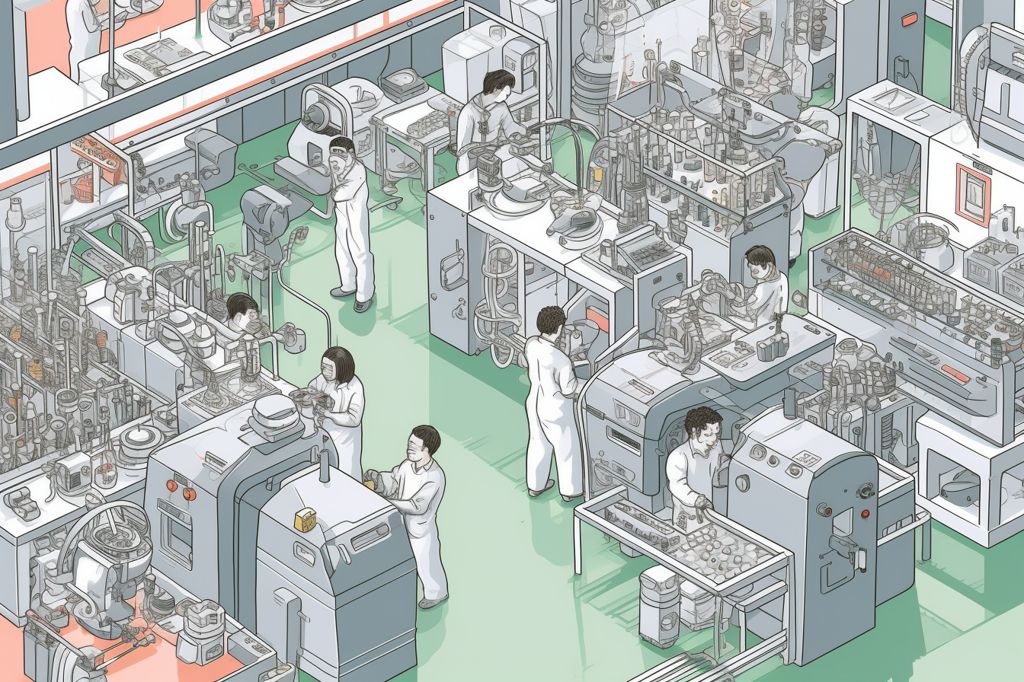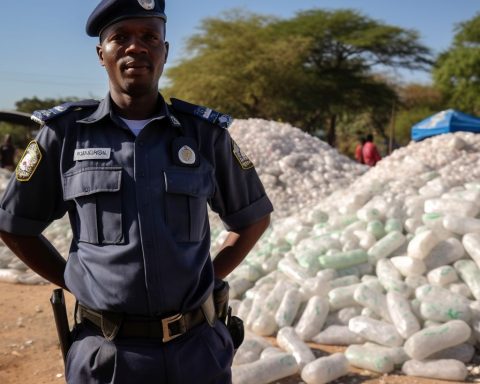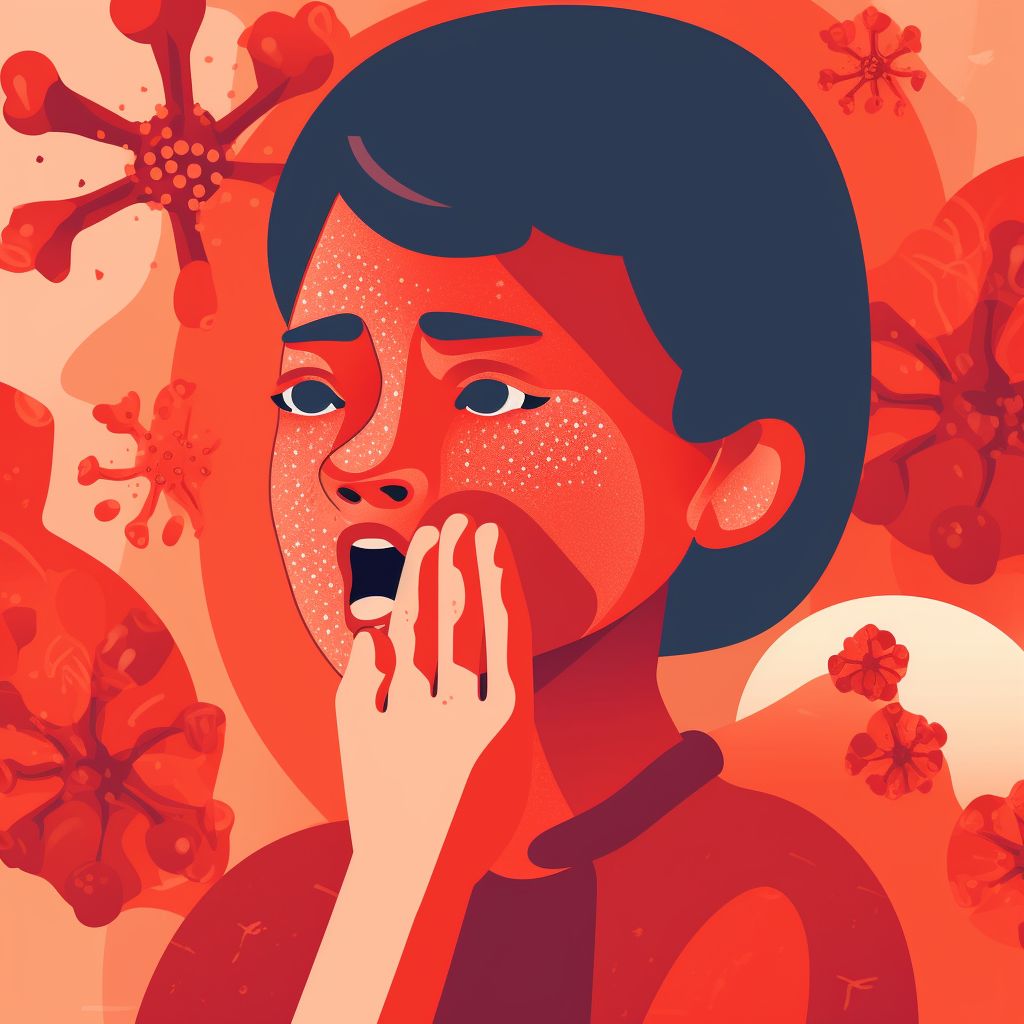South Africa is about to take a significant leap forward in HIV prevention with the upcoming local production of anti-HIV injections. The South African branch of Cipla, an Indian pharmaceutical company, is set to manufacture a generic version of the long-acting cabotegravir (CAB-LA) HIV prevention injection at its plants in Benoni and Durban. This development marks a significant step in providing accessible and effective HIV prevention in South Africa. It has the potential to make a substantial impact on HIV infection rates and the overall health of the population.
Cabotegravir: A Breakthrough in HIV Prevention
Cabotegravir is an antiretroviral drug that significantly reduces the risk of HIV infection. It prevents the virus from entering cells, which prevents the virus from replicating and causing infection. Studies have shown that this injectable treatment almost eliminates the risk of disease through sexual contact, outperforming the currently available daily HIV prevention pill, Truvada. The injection’s superior efficacy likely stems from its easier, consistent administration than a daily pill, as patients are more likely to adhere to a regular injection schedule than consistently taking a medication daily.
The Green Light for Local Production
The developers of the branded version of the injection, ViiV Healthcare, and the United Nations-backed Medicines Patent Pool (MPP) announced in March that sublicenses for producing a more affordable version of the drug were granted to three companies, one of which is Cipla. The sublicenses will allow for the production of a cheaper drug version. Cipla, which operates manufacturing plants in South Africa, has been granted the sublicenses to produce the drug. The other two sublicense recipients, Auribindo and Viatris, are Indian corporations already involved in producing antiretroviral medicines for HIV treatment. However, a start date for production has yet to be announced.
The MPP’s Role in Facilitating Access to Affordable Medicines
The MPP facilitates access to affordable medicines by negotiating licenses for their generic production. This helps ensure that life-saving drugs can reach a broader population, particularly in low- and middle-income countries where the branded versions may be prohibitively expensive.
Cipla’s Role in Production and the Potential Impact on South Africa
Cipla SA spokesperson Fidelia van der Linde has stated that it remains to be seen whether the company will manufacture the generic version of the anti-HIV drug from scratch, import the main ingredient, and handle the mixing and bottling process within South Africa. “However, most pharma companies in South Africa import their active [main] pharmaceutical ingredients,” van der Linde added.
Regardless of the specific production process, the upcoming local production of anti-HIV injections marks a significant step toward accessible and effective HIV prevention in South Africa. With an estimated 7.7 million people living with HIV in the country, this development has the potential to substantially impact HIV infection rates and improve the overall health of the population.
As South Africa prepares for this new chapter in healthcare, the global community will be closely monitoring the impact of the locally-produced CAB-LA injections on HIV prevention efforts in the country. In addition, the successful implementation of this new treatment option could serve as a model for other nations facing similar challenges in combating the spread of HIV.












